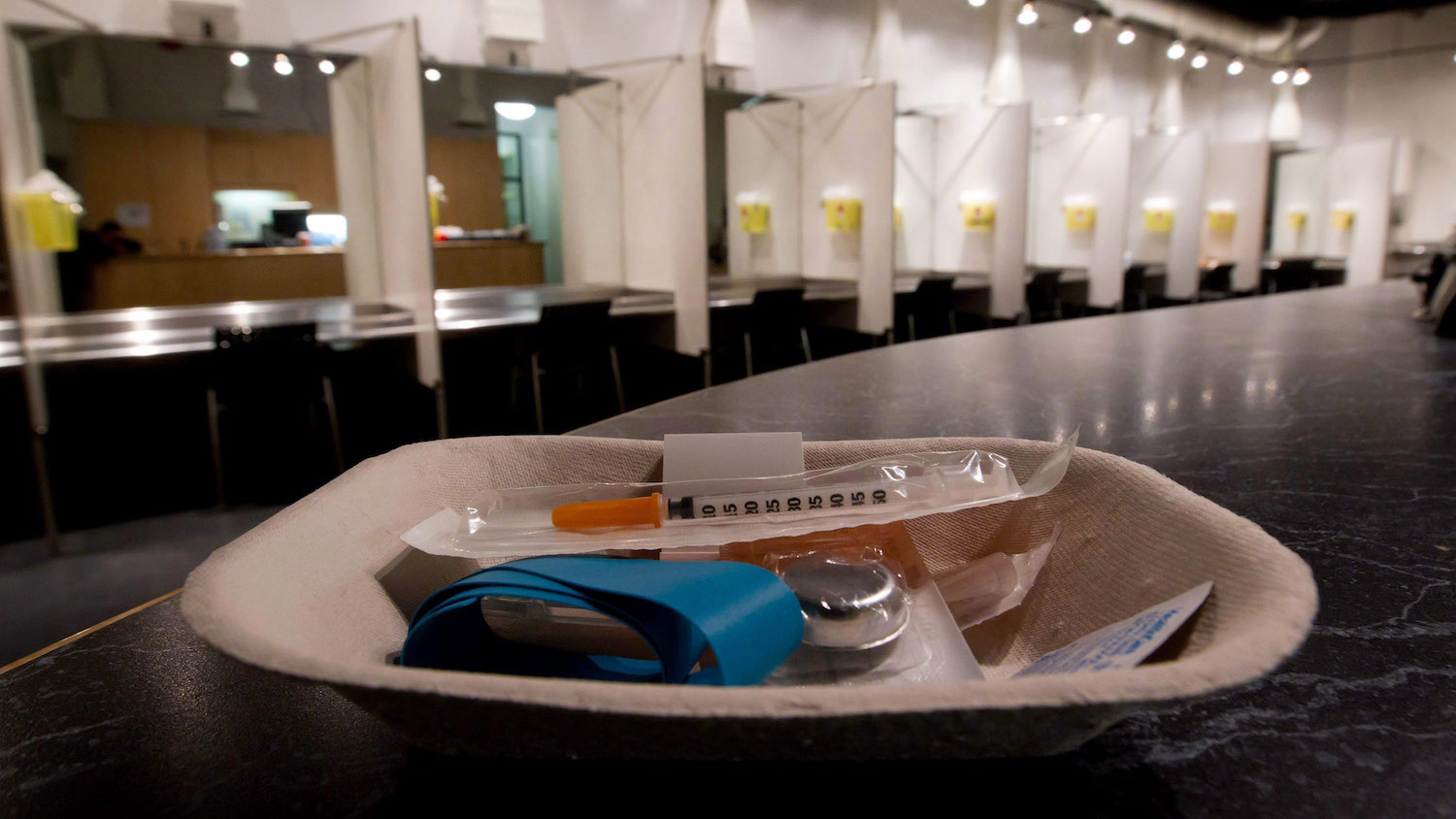latest
Massachusetts Doctors Urge State To Take First Step on Drug Consumption Sites

Michael P. Norton
In 2017, the trade association representing doctors in Massachusetts became the first in the United States to express support for supervised drug consumption sites. Four years later, the idea has failed to advance and doctors plan to renew their call for a potentially powerful tool to combat the opioid epidemic.
Touting their life-saving potential, doctors aligned with the Massachusetts Medical Society say the sites authorized under a pair of bills (H 2088 and S 1272) up for a Public Health Committee hearing on Monday authorize “an evidence-based intervention that fill a dangerous gap in our state’s capabilities to address the opioid overdose crisis.” Sites have expanded globally, including in Canada, according to the society, and Rhode Island recently passed legislation on consumption sites where individuals can use drugs within a supervised atmosphere where they can get steered into treatment.
In reviewing the bill, lawmakers need to decide whether to move ahead with a pilot that is not permitted under federal law. “State legislation is necessary now so that potential sites can turn their legal focus to monitoring the fluid local and federal issues and can be prepared to open when there is a broader legal path forward,” the medical society says in its testimony. “In other words, we strongly encourage the state to pass enabling legislation so that sites can open when they feel confident that other legal issues have been resolved. State legislation is a logical first step in the sequence of ‘legalizing’ SCSs given the fluid dynamics of federal prosecutorial discretion, which can be offered in a moment’s notice, and given the speed at which local, municipal barriers such as community buy-in and zoning can move.”
Last session, a bill creating a 10-year pilot program for at least two supervised consumption sites was recommended by the Joint Committee on Mental Health, Substance Abuse and Recovery, but never reached the House and Senate and died without a vote in the Joint Committee on Health Care Financing. Three years ago, the Senate included pilot program language in a bill addressing the opioid epidemic but House negotiators did not agree to the measure during closed conference committee talks and it was not included in the panel’s consensus bill, which went on to become law.
A panel chaired by his health and human services secretary, Marylou Sudders, recommended piloting one or more sites as part of a statewide harm-reduction strategy, but Gov. Charlie Baker has previously described the idea as a non-starter, pointing to U.S. Attorney Andrew Lelling’s comments that such facilities would violate federal law and draw enforcement.
“Chasing something that’s not legal under federal law just doesn’t make a lot of sense,” Baker said in February 2019. Lelling has departed as the region’s top federal prosecutor, with Suffolk DA Rachael Rollins poised to take that job if she can win U.S. Senate confirmation.
-

 Community6 years ago
Community6 years agoNational Shrine of La Salette Festival of Lights 2017 set to begin
-

 Community6 years ago
Community6 years agoMassachusetts State Police looking for good home for retired dogs
-

 Crime6 years ago
Crime6 years agoFall River ranked most dangerous city in Massachusetts according to report
-

 latest6 years ago
latest6 years agoDurfee student allegedly overdoses on marijuana
-

 Community6 years ago
Community6 years agoVideo of Fall River Police goes viral
-

 Causes6 years ago
Causes6 years agoMissing Fall River woman found deceased
-

 Crime6 years ago
Crime6 years agoFall River Police add names to most wanted list
-

 Causes6 years ago
Causes6 years agoFall River teenager reported missing has been found






david
September 28, 2021 at 9:00 am
These sites always create a DISASTER in whatever area they are in; likely they will set up a half dozen in Fall River and destroy many neighborhoods.
The goal is to direct the addicts to ‘services’ ? There currrently does not exist a boatload of social and addiction services? There are more services and more money directed to illegal drug consumption than you can imagine. Its just a big push by the ‘Addiction Industry” and will only cause addiction to increase. Every junkie in town knows where the services are; they are not interested in living a drug-free life. If they were; they would have already done so,